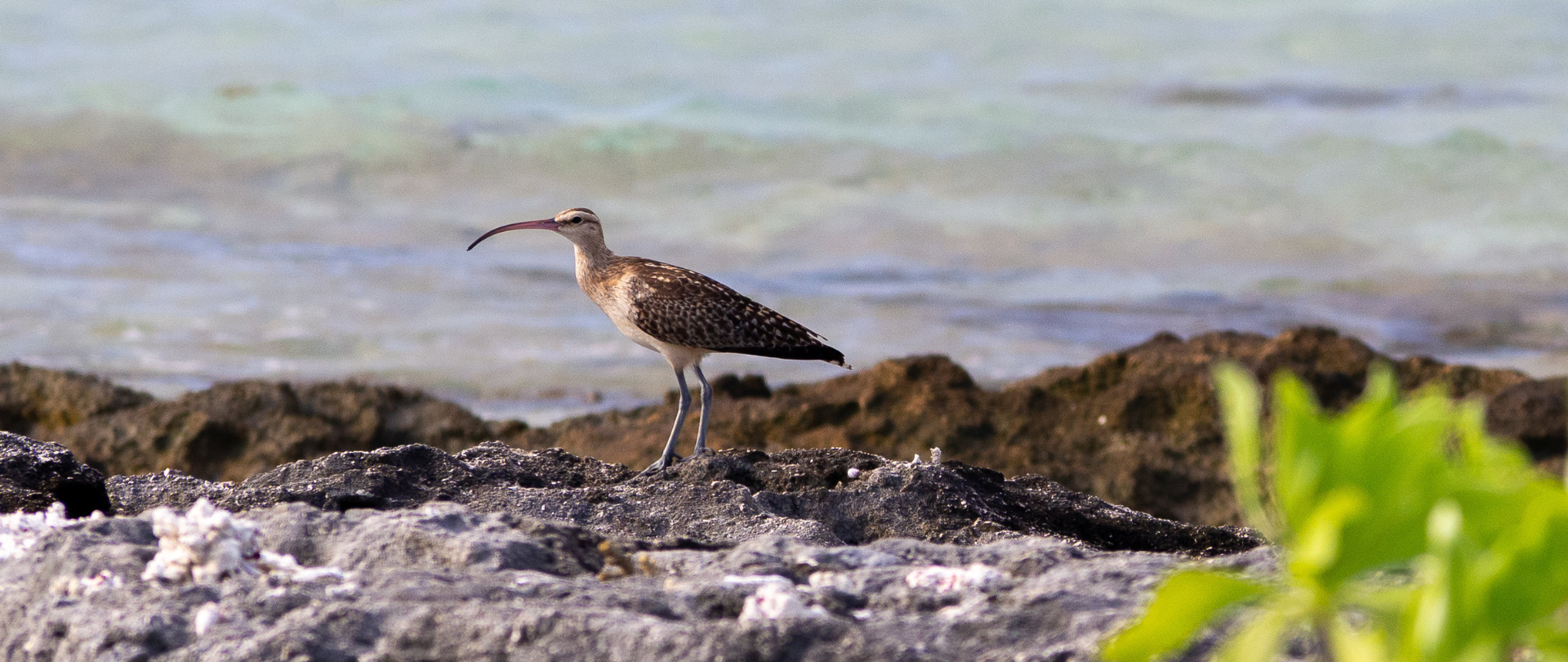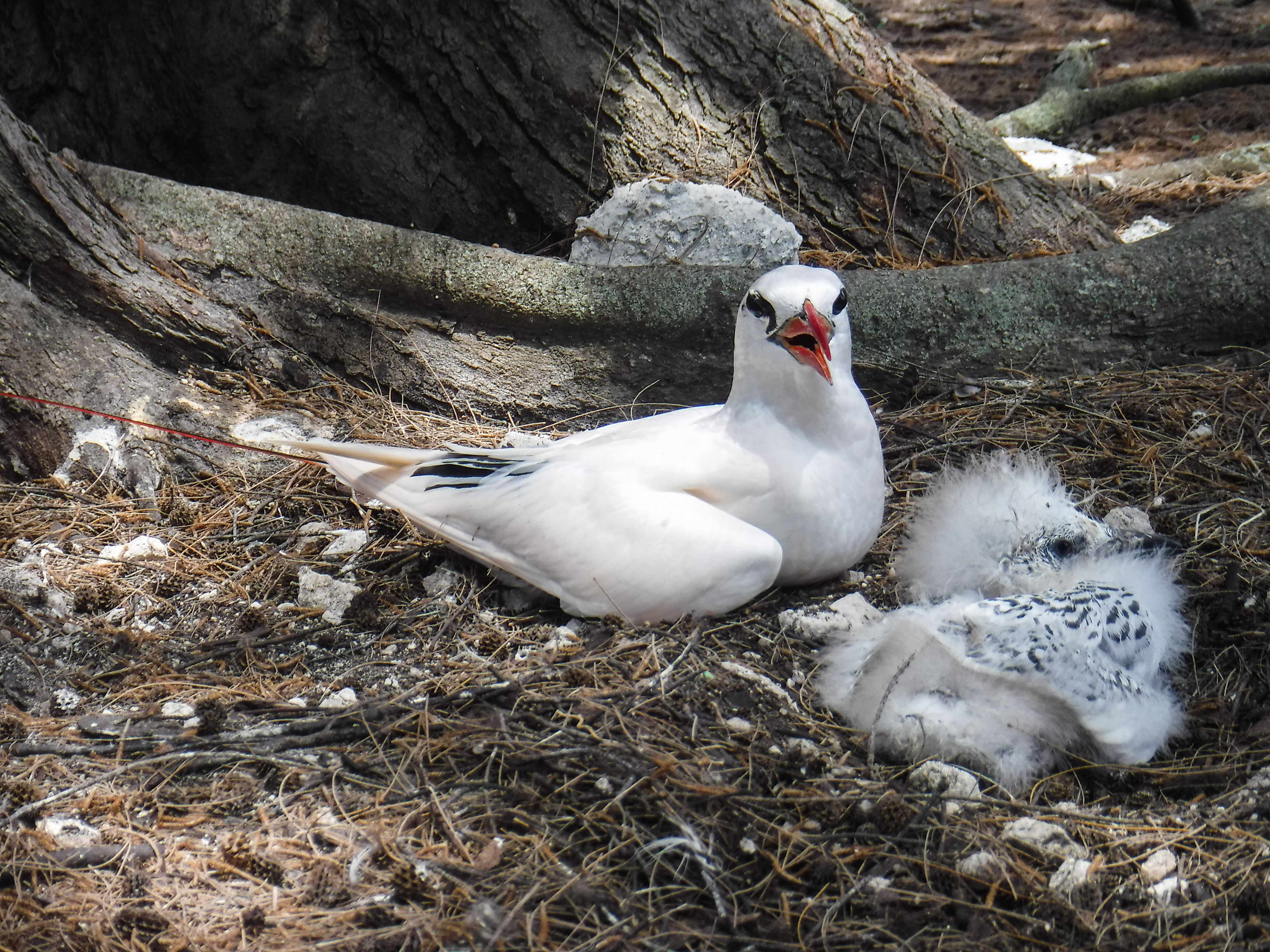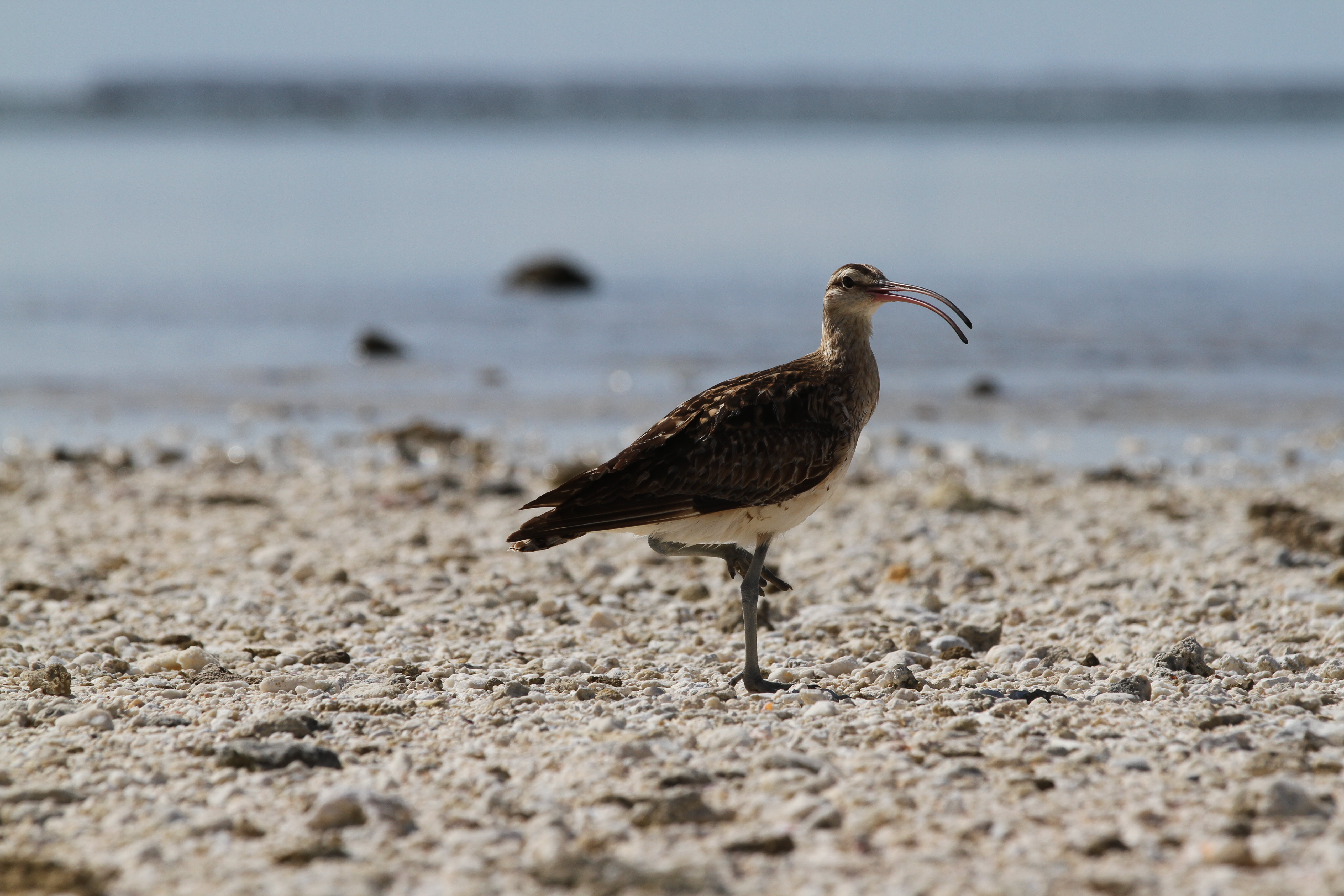February 17, 2025
Great Sitkin: Restoring an Aleutian Volcano
Great Sitkin is a beautiful Aleutian island threatened by invasive rats. Read about what makes this place so special!
We use cookies to help you navigate efficiently and perform certain functions. You will find detailed information about all cookies under each consent category below.
The cookies that are categorized as "Necessary" are stored on your browser as they are essential for enabling the basic functionalities of the site. ...
Necessary cookies are required to enable the basic features of this site, such as providing secure log-in or adjusting your consent preferences. These cookies do not store any personally identifiable data.
Functional cookies help perform certain functionalities like sharing the content of the website on social media platforms, collecting feedback, and other third-party features.
Analytical cookies are used to understand how visitors interact with the website. These cookies help provide information on metrics such as the number of visitors, bounce rate, traffic source, etc.
Performance cookies are used to understand and analyze the key performance indexes of the website which helps in delivering a better user experience for the visitors.
Advertisement cookies are used to provide visitors with customized advertisements based on the pages you visited previously and to analyze the effectiveness of the ad campaigns.
Our new online shop is live!

This article was originally published by SPREP in December 2024. Read the original article here.
In a monumental stride in conservation for the Cook Islands, Takutea Island is on its path to building climate resilience by becoming free from harmful, invasive rats. This significant initiative was led by the Te Ipukarea Society, Takutea Trust, supported by the Pacific Regional Invasive Species Management Support Service (PRISMSS) Predator Free Pacific initiative.
Introduced invasive rats have for many years posed a persistent threat to Takutea’s biodiversity, preying on bird eggs, causing destruction to vegetation, disrupting the natural flow of nutrients from land to sea, and weakening its resilience to climate impacts.
The current restoration campaign builds on years of dedication and local engagement, aiming to restore the island’s rich habitat, strengthen its resilience to climate change and extreme weather, and support the growth of native bird populations, including globally important populations of Tavake (Red-tailed Tropicbird) and Teue (Bristle-thighed Curlew). These efforts are crucial not only for preserving Takutea’s ecological heritage but also for enhancing food security and climate resilience for the nearby Atiu community, who are the owners and caretakers of Takutea.

Bildlife Pacific Programme Manager for Pacific Islands Restoration, Mr Steve Cranwell, commented, “[I]n a changing climate, reducing or eliminating other stressors such as invasive species is all the more critical to protecting the unique wildlife, and cultural values of Pacific Islands. The eradication of rats from Takutea will help provide conditions in which birds, insects and plants can thrive in the absence of rat predation and competition. These benefits effecting the wider ecosystems including surrounding marine habitats helping sustain important food sources and traditional practices associated with natural resource use and it is this legacy that Cook Islanders are giving their people, places and future generations.”
The project’s comprehensive approach involves community engagement and training in invasive species management and biosecurity. Since the start of this initiative, 16 men and 2 women have received specialized training, empowering local stakeholders to sustain these efforts through biosecurity practices and monitoring of the island’s ecological health. Plans are underway to expand this training to include a broader range of community members, reinforcing Takutea’s ecological resilience.
Alanna Smith, the Director of Te Ipukarea Society, said she was extremely impressed by the way the members of the Atiu based field team worked together with the team from Te Ipukarea Society. She was also very appreciative of the technical assistance provided by Island Conservation and Birdlife International.
Takutea’s journey began back in 2006 when the Takutea Trust asked Te Ipukarea Society to assist them. TIS sought assistance from Birdlife International and conducted a feasibility study in 2014.
The PRISMSS programme provided the opportunity to access additional funds to supplement the budget for the project. It was a valuable opportunity to contribute to the PRISMSS’s Predator Free Pacific (PFP) programme, led by Island Conservation, which aims to protect Pacific Island ecosystems from invasive species.

PRISMSS Manager Mr Dominic Sadler commented, “the Takutea operation shows how partnerships can lead to great results which contribute to enhancing climate resilience. These coordinated efforts not only prevent the loss of native species but also bolster the resilience of local environments against the challenges posed by climate change and PRISMSS will continue to facilitate practical on ground actions to effectively manage invasive species in the region.”
SPREP is the executing agency for the Restoring Island Resilience (RIR) project, a collaboration funded by the New Zealand Ministry of Foreign Affairs and Trade and United Kingdom’s Foreign, Commonwealth & Development Office, which aims to enhance Pacific Island livelihoods and climate resilience by mitigating the impacts of invasive species on both natural and agricultural ecosystems.
Ngamaru Ariki, Chair of the Takutea Trust, expressed heartfelt gratitude to all partners involved, sharing, “A huge meitaki ranuinui to the Ipukarea Society, the Voyaging Society, and the team from Atiu for carrying out the rat eradication project on Takutea. We believe that with the rats now eradicated from Takutea, the biodiversity on the Island will continue to prosper and the connection between the Ipukarea Society and the people of Enuamanu will continue to grow. Meitaki ranuinui again, from Ngamaru Ariki, Rongomatane Ariki, Parua Ariki the Mataiapo Tutaras’ of Atiu. Aumai, Tinokura, Paerangi and Makopi Mataiapo Tutara as well as the whole Atiu Community. God bless.”
A follow-up monitoring exercise is scheduled for 2025 to confirm the long-term success of the eradication on Takutea.
About the partners:
The project’s technical leads are Island Conservation and BirdLife International. It is supported by the Secretariat of the Pacific Regional Environment Programme (SPREP), based in the Pacific Regional Invasive Species Management Support Service (PRISMSS) programme, represents a collaborative commitment to protecting the island’s unique ecosystem, restoring a habitat crucial for native wildlife and local communities alike.
The project is also supported by the Cook Islands Voyaging Society, with funding supported through the Restoring Island Resilience (RIR) Project, funded by New Zealand’s Ministry of Foreign Affairs and Trade (MFAT) and Global Environment Facility (GEF) Small Grants Programme.
Island Conservation’s mission is to restore islands for nature and people worldwide and we collaborate with local communities, government management agencies, and conservation organizations on islands with the greatest potential for preventing the extinction of globally threatened species. Island Conservation is a United States-based 501(c)(3) charitable organization that restores islands by removing introduced, damaging invasive species and accelerating the recovery of native plants and animals. We utilize innovative technology and techniques to work more efficiently and showcase the many benefits of holistically restored islands for biodiversity, climate resilience, ocean health, and sustainable development across the globe.
About PRISMSS: The Pacific Regional Invasive Species Management Support Service (PRISMSS) is a coordinating mechanism designed to facilitate the scaling up of operational management of invasive species in the Pacific. PRISMSS brings together experts to provide support within the Pacific region with a focus on protection of indigenous biodiversity and ecosystem function. As a service provider, PRISMSS provides a comprehensive suite of support services in a cohesive, effective, efficient, and accessible manner to Pacific Island countries and territories.
Restoring Island Resilience (RIR): The PRISMSS – Restoring Island Resilience (RIR) is a New Zealand-PRISMSS collaboration project that aims to improve Pacific Island Countries and territories livelihoods and resilience to climate change by reducing the impact of invasive species on natural and agricultural ecosystems through the five PRISMSS programmes.
The PRISMSS Predator Free Pacific (PFP) programme, led by Island Conservation, leads the charge in removing invasive predators from Pacific islands, restoring balance to delicate ecosystems. With support from BirdLife International, the efforts are not only preventing extinctions but also enhancing ecosystem health and resilience.
The GEF 6 Regional Invasives Project (RIP) is funded by the Global Environment Facility, implemented by the United Nations Environment Programme, and executed by the Secretariat of the Pacific Regional Environment Programme. The Project works primarily in the Marshall Islands, Niue, Tonga, and Tuvalu and has a regional component. Implementation of the GEF 6 RIP is supported by the Pacific Regional Invasive Species Management Support Services (PRISMSS).
Check out other journal entries we think you might be interested in.
Notifications